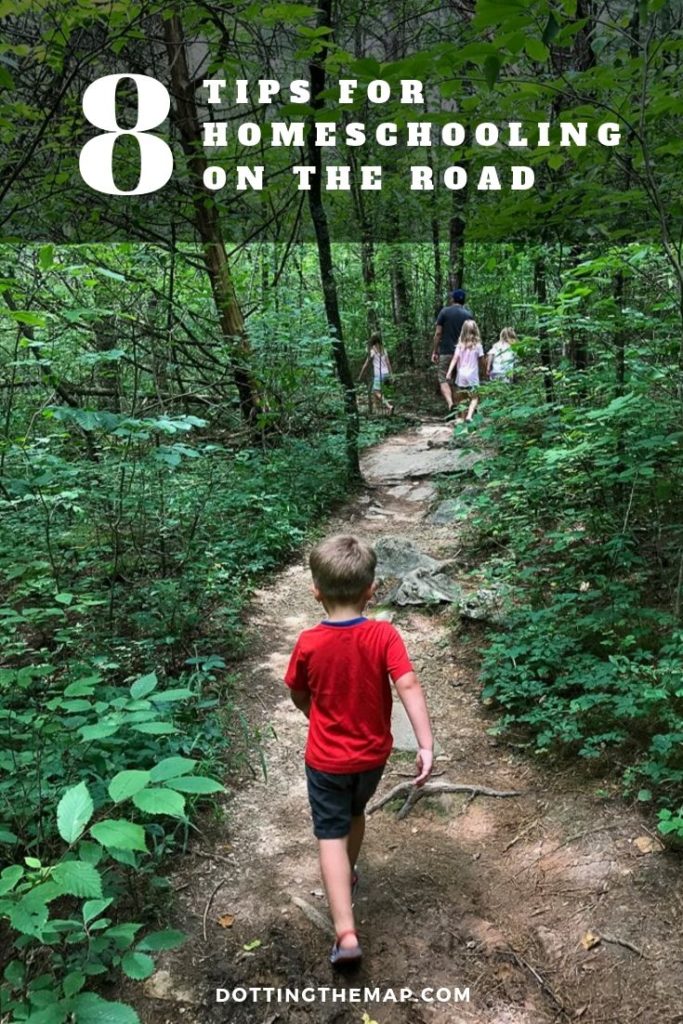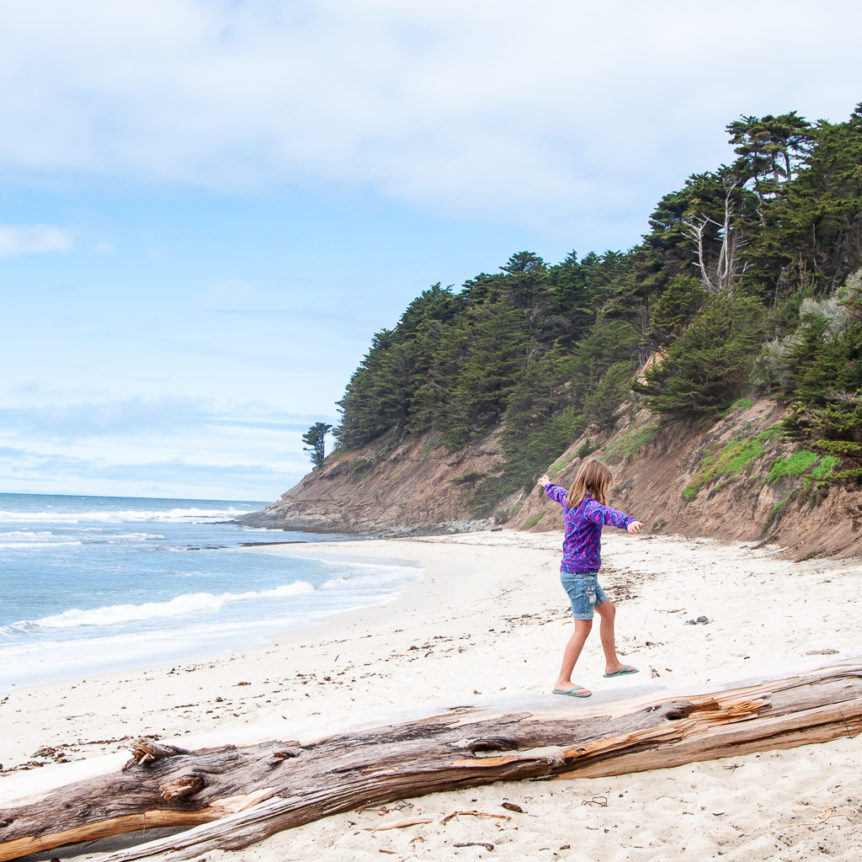With another school year starting, we thought it was a good time to talk about home schooling. We’ve been traveling continuously for over a year while homeschooling our four children and this is what we have learned along the way.
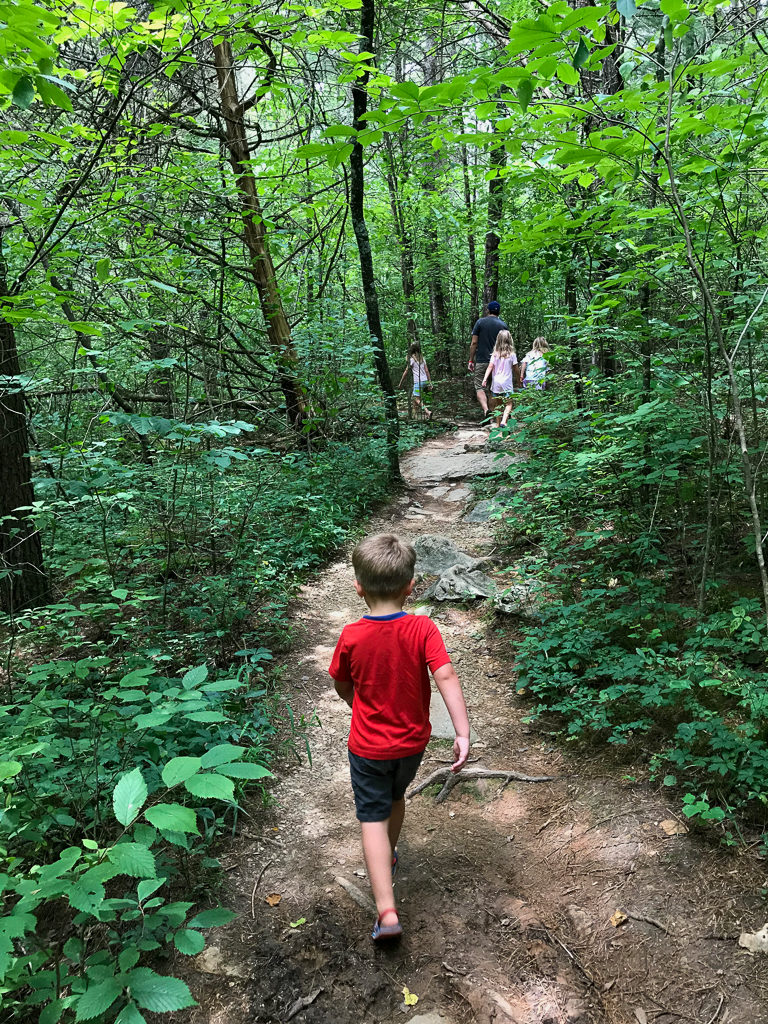
One of the biggest draws for homeschooling (at least it was for us) was the flexibility that we have to own our schedule. If you decide to say take off on an RV adventure then you are free to do so because you’re not tied down to a traditional school schedule. But homeschooling is not always rainbows and sunshine and adding the element of constant travel has its own set of unique challenges and obstacles.
Homeschooling at home is not entirely the same as homeschooling while traveling. There are parts that are similar but you also have to remember that your child will be getting an extra educational element purely from travel itself. Children who travel with their parents learn problem-solving skills, new social skills, they pick up on cultural differentiation, learn natural science and history, and also learn to be more curious and ask questions. It’s really a beautiful thing to witness and be a part of. Along with learning these lessons on the road, they’ll, of course, need to learn the basics like how to read, write, and do math.
After a year on the road, we are nowhere near experts, and we also realize each family has their own unique style and needs. As we have gone through different travel phases we have had to readjust our techniques to fit the needs of our family. But overall I feel like we have found our rhythm and found things that have helped our homeschooling go smoother.
Related Posts
What it’s like to live full time in an RV
Making the most of a visit to Space Center Houston
8 Tips for Homeschooling on the Road
Here is our list of 8 tips to help road schoolers make the most of their educational opportunities on the road:
Be Flexible
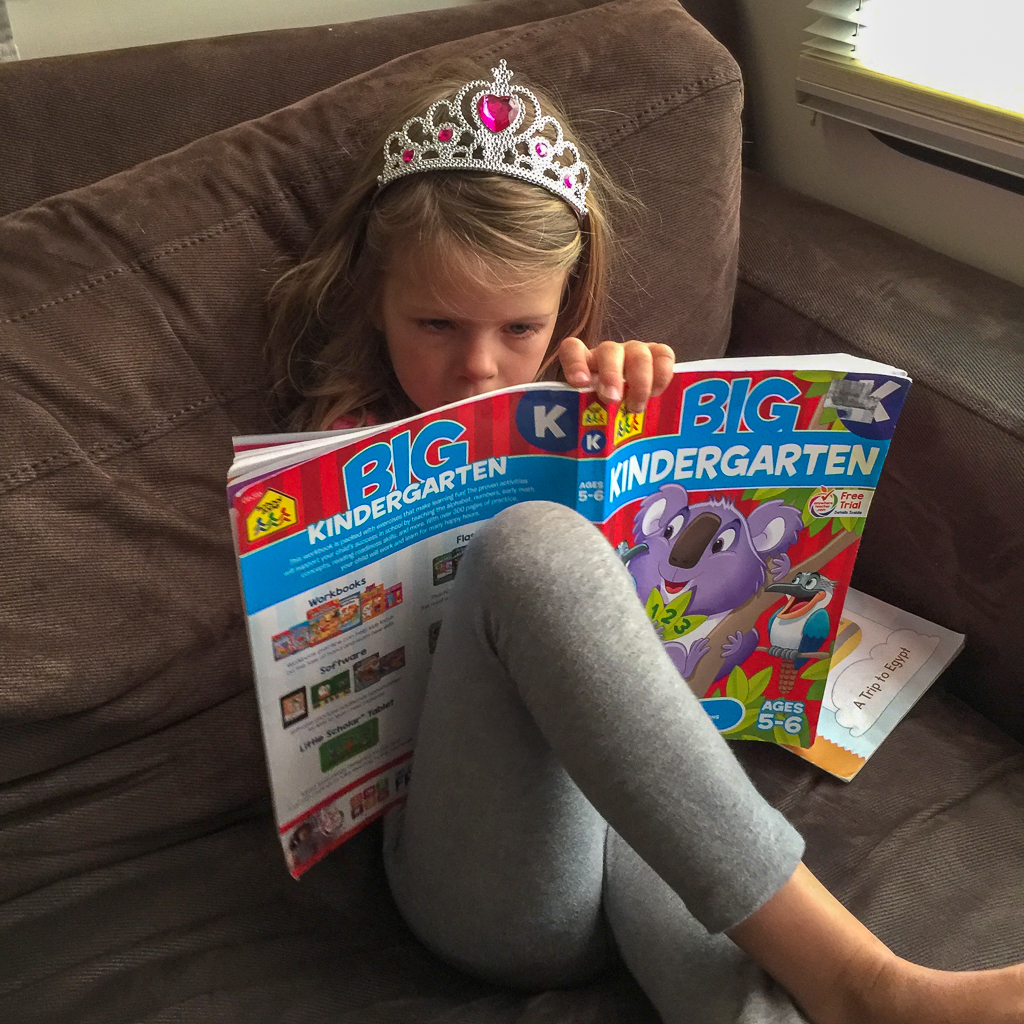
This is key. As you begin your journey on the road or traveling through various countries you will notice that homeschooling looks completely different than it does when you are stationary. When you are stationary you find having a routine is key to maintain sanity. When you are on the road you will find the opposite to be true. Flexibility is everything. The reason for this is that for the most part, no two days will be the same. One day you may have a low key day in your air b nb, hotel, or RV, the next day you will be hiking Mayan ruins, walking through Smithsonian’s in DC, or just looking for shells on the beach.
For us, we try to make sure we get our homeschooling done in the am and then by lunchtime we are free to go out and explore. If we know we are heading out on a day trip then we don’t worry too much about getting bookwork done in the morning. We can either make it up at night or just make sure they get some rich educational opportunities during the day.
Follow a Plan but Don’t Overdo It
Curriculums are great. Some people need them, older kids may thrive on them. For us, it was too stressful following a rigid guideline on the road. We did it for the first three months and quickly abandoned ship. It was just too much for us. As I mentioned earlier our kids were getting an education in ways that people just don’t get during the stationary lifestyle. Because of that, we realized for our kids we just needed to focus on the basics at home and then make sure when we were out we were going out of our way for science and history lessons. Local art has also been amazing for enriching our world school curriculum. This is a once in a lifetime opportunity and we didn’t want to be too stressed about following what a textbook should say we are learning. That being said we do want our kids to be at least caught up in their grade level, should we choose to pursue a traditional school setting later.
Minimize Materials
if possible but try not to rely exclusively on iPads and computers. This is all relative to the type of traveling you will be doing. If you are just going on a two-week road trip with your family then you know you can just bring some workbooks to keep up on the schedule a bit. Backpacking through Europe? Then you will be limited to what you can bring with you even more. If you are living in an RV you will actually be surprised by how much you can cram in there to homeschool comfortably on the road. The key here is yes you can do a lot of school on iPads and computers but you still want to limit screen time when possible. So try your best to be able to bring actual workbooks and books while being mindful of the space you have.
Find Balance
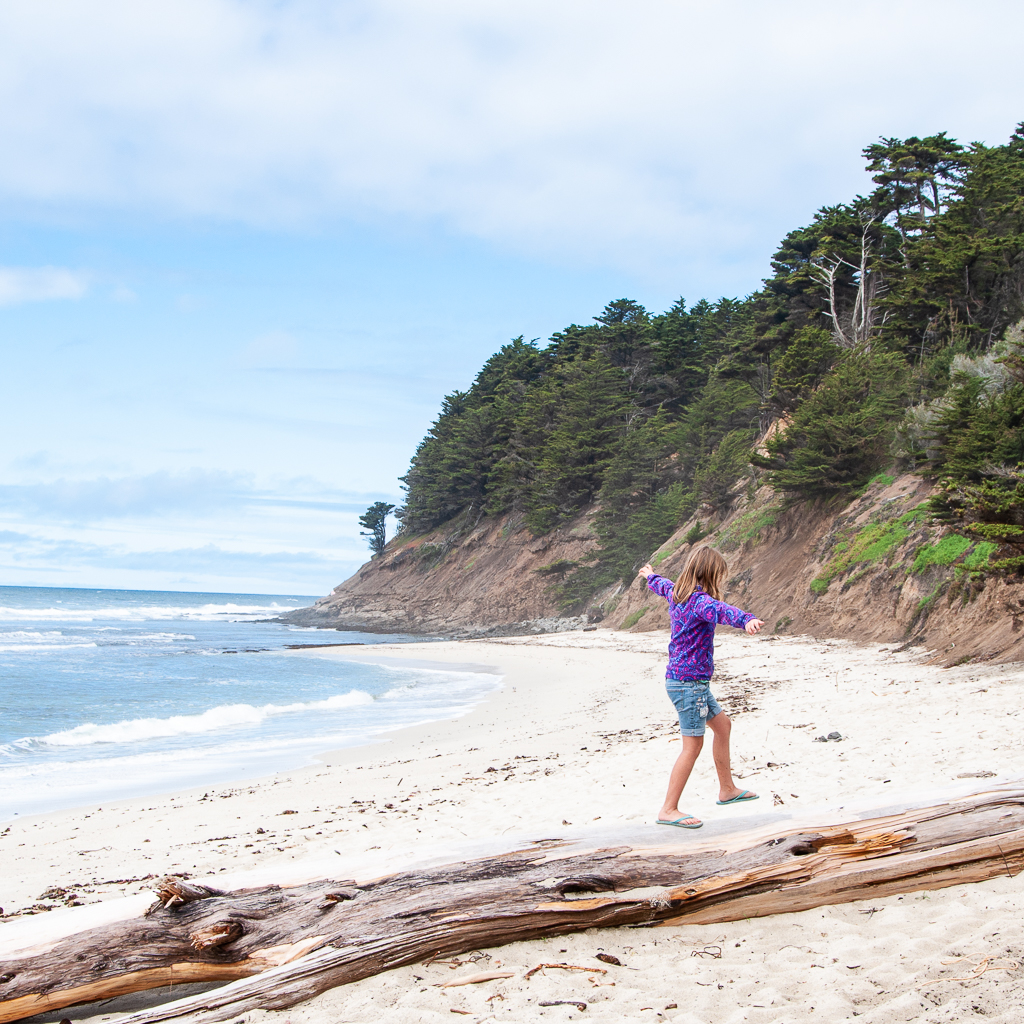
We love to balance at home school work with educational outings for an enriching experience. I mean this is the whole point of traveling with your kids in the first place right? To get to experience things first hand that most kids only get to read about in books? So don’t feel guilty about closing the books for the day and taking the kids out to actually see the world. You do want to make sure that they get some good old fashioned book work in to balance everything out, but I have been so surprised at how much my kids have picked up on and learned just from traveling, going to museums, visiting national parks and spending time in nature and big cities.
Take Time Off to Avoid Burn Out
This pretty much goes without saying but it still needs to be said. Stationary homeschooling families have this issue as well. Homeschool burn out is a real thing, and guess what it’s not much difference once you hit the road. School is important but you have to know when to schedule breaks. Even though your school may not look like traditional school it’s still OK to take a week off here and there to help everyone regroup and reset. I’m also a firm believer in taking summers off. I know some people who do year-round homeschooling but it’s just not for us. We savor those summer months and then we actually look forward to getting back to the routine come August.
Use Overdrive and Public Libraries
You want to make sure that you are signed up with overdrive from your local library if you have a reader in your house that craves books. We get asked this all the time how we keep up with reading on the road. I have one daughter who reads a book a day. Sometimes more. She devours books. We have gotten creative by buying books at thrift stores and donating them to campground libraries on the road or she will swap out books at little libraries as we go, but overdrive is her main source of reading material. We also love to make it a point to visit local libraries on the road. True we can’t check out any books, but we can sit and read for a few hours, there is usually toys and puzzles or other fun activities and I can get some work done. It’s a great way to spend a rainy day.
Cover Yourself Legally
I wish we lived in a world where people minded their own business and you would be free to educate your children as you feel fits their best needs. While for the most part, this is the case, you need to cover yourself if you plan on traveling extensively with your children. If you plan on traveling domestically or internationally depending on the amount of time you spend in each location you may be subject to their local homeschooling laws. This is usually true in the states if you plan on spending more than 30 days in a location. If you really want to make sure you are protected you can consider joining HSLDA (Homeschool Legal Defense Association) so if any issue were to arise you would know you have a lawyer on your side.
Connect With other Homeschoolers and Traveling Families

Traveling can get lonely sometimes. Especially for kids who are in the cusp of their social era. They feed off of spending time with other kids. Because of this, it’s important to try to connect with other homeschooling kids or traveling families. Because we travel in our RV it’s usually inevitable that for the most part there will be kids at most every campground we visit. Another great resource is to join FullTime Families as they arrange activities, rallies, and get-togethers that connect large groups of traveling families. You can check them out here: Fulltime Families
What are some ways you have found ease the transition to homeschooling while traveling?
Pin This
